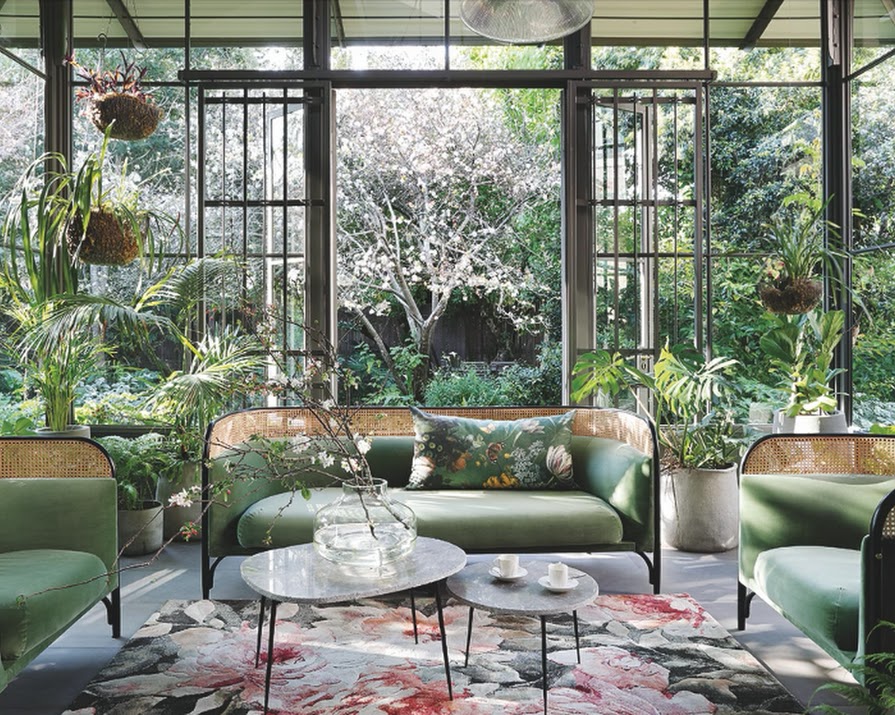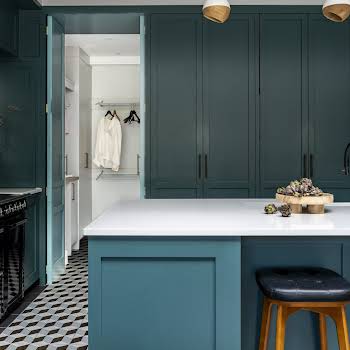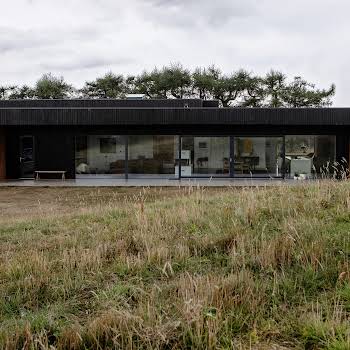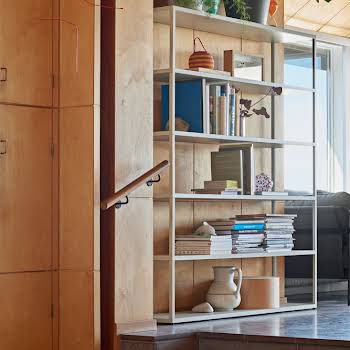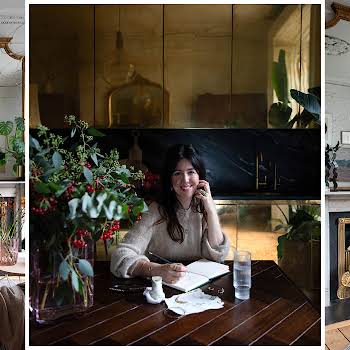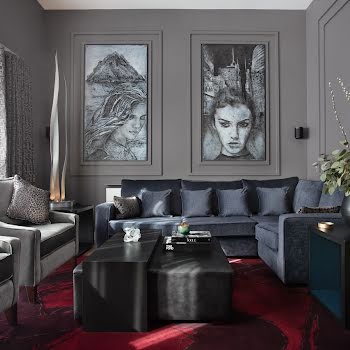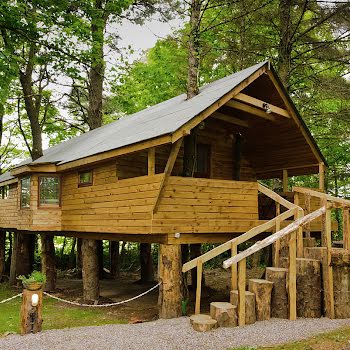
Conservatory ideas: How to incorporate yours into your home all year round
By Amanda Kavanagh
10th Nov 2020
10th Nov 2020
Sunrooms can often become the poor relation of the home: a blindingly bright, over-heated space in summer, and cold and unwelcoming in winter. Bring your room back into the fold with our conservatory ideas for creating an inviting space all year round.
Heat it
Floor to ceiling windows can leave little room for radiators so underfloor heating can be a smart solution to creating a cosy room, whatever the weather. There are two types to choose from, each with their own advantages. Electric underfloor heating is where an electric cable is installed under the floor and heats up when the electricity is turned on. It can be retro-fitted, making it ideal for renovations.
However, it is more expensive to run. Water underfloor heating uses the home’s central heating system to heat the water in the pipes, acting like a large radiator. It is best suited for new builds, as the pipes need to be laid into the floor. You may need to check if your home’s existing boiler can cope with the extra demands it brings.
Floor it
A cold floor can deter even the hardiest of souls. Tiles are hardwearing, but can be cool. Ensure that there is adequate insulation underfoot and opt for a matte surface. A high traffic area close to the garden will spell disaster for a carpet, but if your sunroom is a child-free retreat, choose a thick pile option in a pale shade to avoid obvious fading.
Timber floors are warm and contribute to the natural feeling. However, they can fade in strong sunlight, so opt for a lighter tone such as oak or pine. Move furniture and rugs often to avoid sunspots. Laminate flooring is warm and hard-wearing – ideal for rooms that will see a lot of use.
Light it
As wall space is limited, it’s time to get clever with lighting. Recessed spotlights on a dimmer are a gentle way to illuminate the room as the evening draws in. In reading areas, ensure there are enough floor or table lamps and avoid glare by keeping the bottom of the shade at eye level. A row of pendant lights can guide the eye towards the outdoors. The trend towards bare bulb pendant lights can keep a space feeling open.

Lost Weekend Dublin mews project, photographed by Aisling McCoy
Shade it
Covering up your sunroom can seem counterintuitive, but there are options that offer warmth without hiding your view. Gauzy, transparent panels not only allow light in, they add texture to an area that can otherwise feel bare. Look for appliquéd voiles for extra weight or add a hint of colour with pretty pastel sheers.
Clean and contemporary, roller blinds are the simple go-to for stopping glare and keeping cool on those rare hot days. Opt for a sheer style for a hint of cover or blackout blinds if the room doubles as a sleeping space.
Wooden Venetian blinds allow you to easily control the amount of light entering the room, and can add warmth and texture. Available now in faux woods, they’re a smart choice for larger areas.
The three styles of plantation shutter – full height, the café style half-tier or tier-on-tier – offer myriad options for different window shapes and sizes. They can even be custom made for triangular, circular or arched spaces. Some companies offer a colour matching service, allowing you to create a completely unique space.
Don’t dismiss conventional curtains, as they can add richness to a room, but choose a fabric that is fade resistant and durable. Silk, for example, won’t tolerate direct sunlight. Opt for curtains that are internally lined, as they will drape well and keep out any draughts.

Photo by Fabio C. on Unsplash
Furnish it
As you would in other areas of the home, arrange furniture around a focal point. For most, this will be the window onto the garden. Include classic pieces made of lighter materials like wicker, rattan and bamboo, or ones that complement your existing garden furniture, such as wrought iron or pale wood.
Where wood or leather is used, be mindful of the sun. Leather furniture can fade in as little as six months in direct sunlight, and it can dry out, causing it to stiffen and crack.
Lighter pieces tend to suit this space best, as they can be moved with the sun or taken outdoors as needed. A glass-topped nest of tables can be stacked together or dotted around the room, creating extra surface area without feeling heavy.
Choose soft furnishings in natural fabrics and add a floor rug made from seagrass, sisal or coir. Made from plant and coconut fibres, they are hardwearing and come in a range of colours and trims. Add throws and cushions in linens and heavy cottons and look for fabrics that are sun-resistant. Floral and botanic patterns will further define the room asa stepping stone to the great outdoors.
A scattering of plants add the final flourish. Look for low-maintenance succulents, ferns, spider plants or even group cacti together. Take care not to clutter up the space with foliage if you want to keep the focus on the garden beyond.
Featured image: Elsa Young/Frank Features as featured in the March/April 2019 issue of Image Interiors & Living
Read more: Downsizing lessons from this gorgeous Dublin mews
Read more: An architect’s advice on getting small spaces right
Read more: This terraced home in Irishtown is flooded with light, thanks to a central axis











